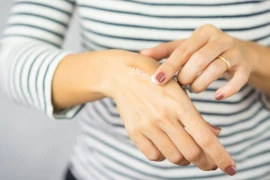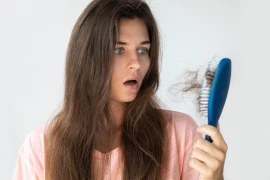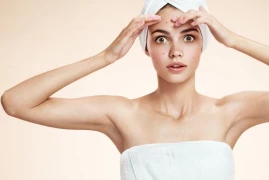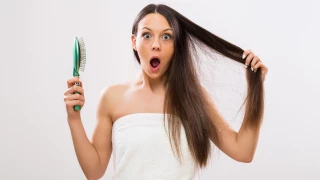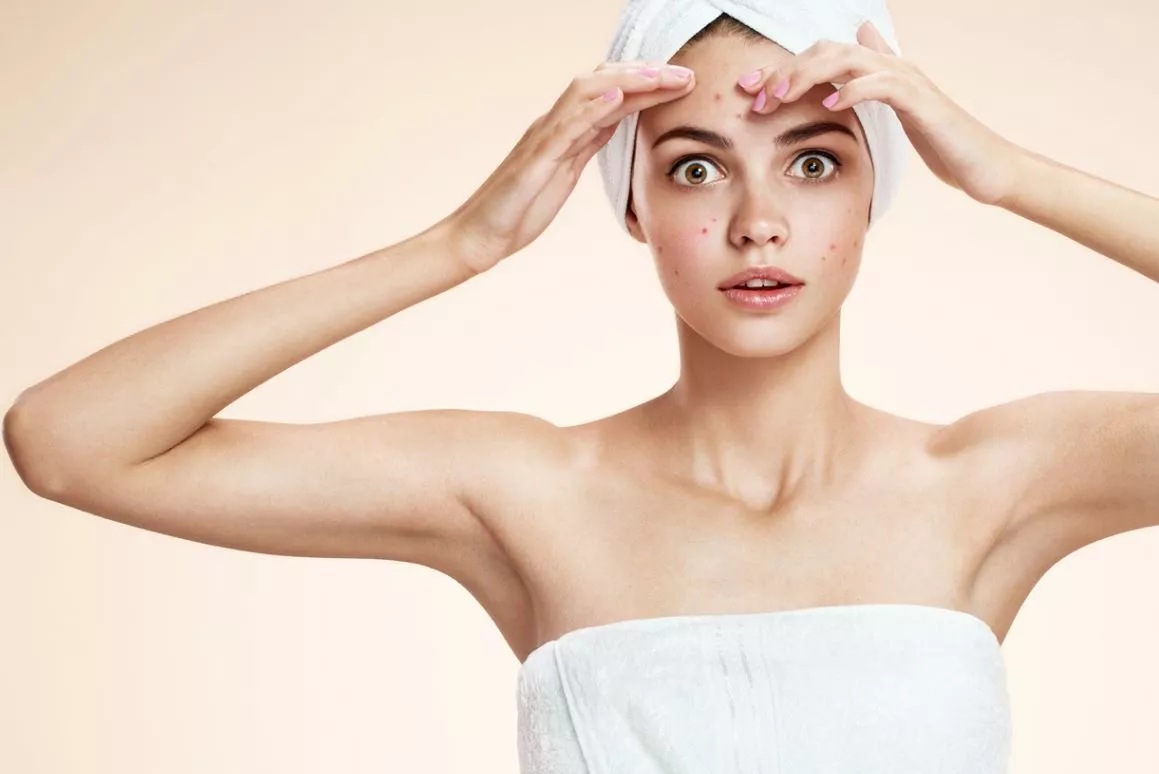
How Do You Get Rid of Acnes?
- How Do You Get Rid of Acnes?
- What is acne?
- How to care for acne skin
- How is acne treatment?
- What home remedies and natural remedies can help?
- Acne, as a rule, occurs due to changes in hormonal levels, so they cannot be so eliminated.
- Acne comes in many forms, from innocent blackheads to creepy cysts.
- Acne skin requires special, gentle care.
- Acne can be treated in two ways: by doing regular skin care at home or by using strong medical or even surgical remedies.
What is acne?
Acne, is a result of malfunctioning of the skin. Dead cells and sebum block the exit from the hair follicle (this is where the sebaceous gland is), but bacteria can get in. These clogged pores are full of nutrients and therefore bacteria begin to multiply and form an inflammation, a pimple. Most of the time, acne spreads to the face, back and chest.
Acne is the most common skin condition. Dealing with it is sometimes difficult, but possible.
Hormones:
First of all, the problem with acne is hormones Patient education: Acne (Beyond the Basics) ... It is the hormones that cause the skin to produce oil so abundantly that the pores do not have time to remove it.
Usually all this happens in adolescence and at most 30 years pass, but not always. Sometimes this is hampered by the features of the hormonal background (genetically determined), sometimes by diseases.
If you're unlucky, puberty has already passed when the hormones are up and acne is gone, they'll most likely be with you your entire active life and you'll have to learn to live with them.
False makeup:
Anything made with oils increases the risk of developing acne. Very aggressive cleaning agents are also harmful. So, use mild, water-based products and don't rub the pimples.
Food:
Let's face it, research shows that food has nothing to do with it. For some people, giving up sweets or dairy is enough to cause acne. So just try. It will work for you too.
Stress:
Since stress is directly related to the hormonal system, constant worry and anxiety can worsen the condition of the skin. So, if you're nervous and covered in pimples the next morning, that's the norm, albeit bad.
What is acne?
Acne is something completely unusual, because there are only a lot of them, and several types can grow in one person at the same time.
Some types of acne are actually just bacterial. Infection and some occur with lightning speed, necrotize tissues and are associated with systemic. But for now, we will talk about common acne.
Open comedos:
What are called black dots. These spots can be larger than a match head and almost a centimeter deep.
They're black because they come in contact with air and oxidize, and they're not due to dirt as you might think. Sometimes they do not darken to black, for example, they remain ocher.
Closed comedos:
The meaning is the same as that of the obvious ones. However, since the surface is still covered with a thin layer of skin, the contents do not oxidize and remain white.
Papules:
Small red bumps without white spots. Sometimes they hurt. They are also called subcutaneous acne.
Pustules:
They look like a standard pimple: there is a red inflamed area and a white stick in the middle that is liquid first and then hardens (hint: it's better not to touch the liquid). The composition of this stick is pus, so nothing good awaits you there.
Nodule:
Hard nodules embedded deep in the skin and protruding above it. they can be very damaging, causing itching and discomfort.
This is the hardest type of acne. There are a large number of nodules under the skin that cannot be reached by improvised means. This can cause the formation of cysts.
Acne in babies:
There are pimples that do not need to be treated or touched: they form in babies and do not require any intervention, and the faster it happens, the less attention parents pay to it.
How to care for acne skin
So, no matter what acne is, the skin still needs care. Remember that acne treatment and skin care are not the same thing.
- Cleaners; Gently massage the moisturized face and other acne-affected areas with the cleanser twice a day, then rinse thoroughly.
- Never dry yourself with a common towel. Buy a pack of small wipes, wash them in hot water and iron them well to replace disposable items.
- Brushes; Only for mild acne and do not use more than once a week. Pick with small particles and carefully remove.
- Gently apply the medication to the affected area after cleansing.
- Apply shower gels and soaps once a day with a soft cloth. If you're washing more often, just use water.
How is acne treatment?
If we are talking about a serious treatment that not only gets rid of an erupted pimple, but also reduces the occurrence of acne in general, then more powerful artillery than masks and oatmeal on the face is needed.
To do this, do the following:
- Antibiotics: Also, both local (i.e., applied to the skin).
- Retinoids: These are the ingredients used outwardly for Acne.
- Oral contraceptives: they are prescribed only to women, and these pills can seriously improve the condition of the skin, as they completely change the hormonal background.
- Isotretinoin: It is prescribed in particularly severe cases because it has serious side effects. Effects of Isotretinoin capsules (Roaccutane): from photosensitivity and dry throat to aggression, nausea and headache. Women should not become pregnant (affects the fetus) even while taking this medicine. But the effect is very good and noticeable. Of course, the doctor prescribes it.
What home remedies and natural remedies can help?
- Natural remedies for acne:
- Tea tree oil.
- Bovine cartilage.
- Zinc.
- Brewer's yeast.
These products are added to various cosmetics, choose one that contains such ingredients.
There are no home remedies that can cure acne once and for all. As long as you don't overdo it with acids and burn your skin. But then you will have more serious problems than acne.
In fact, all the masks you find may (or may not) help in some way, so home remedies abound: what, when, and how helps. We talked about this in detail, so we will not repeat ourselves.
How do you clean your face at home?
In theory, it's better not to do this. It is safer to go to a dermatologist or beautician. But often the skin pores are so clogged that it is necessary to run to the doctor more often than to study. In such a situation, there are special sets of tools that help remove everything unnecessary from under the skin.
In fact, it's the good old way of 'squeezing everything' except that the tools do a little less damage to the skin and reduce the risk of infection and scarring.
Cosmetic rings, aspirators, tweezers also have their own rules of use:
- All extractions should be done on clean skin and a mild antiseptic such as chlorhexidine should be readily available.
- They removed something - do not be lazy and wash the tool, or at least wipe it with cotton wool and an antiseptic. They just reveal everything in their weird YouTube videos.
- It is best to use 'Heavy Weapons' only after mild products such as soaps and masks have failed to clear the pores.
- Anything red is inflammation. Inflamed areas should not be touched.
How are acne scars treated?
Many types of acne leave scars and swelling on their own. But even if you take an ordinary pimple and squeeze it wrong, you can still gain a scar, or at least an age spot.
There are several treatments for acne scars. All of them are traumatic in some way and not always.
Chemical peels: This is when they try to reduce mild scars with acids.
Laser alignment: There are several types of lasers (with varying degrees of efficiency and hazard), but none delivers the ideal one.
Fillers and fillers: Sometimes just because the skin ages, scars become more noticeable and acne scars become visible on their own. Using fillers (such as anti-wrinkle) helps correct the appearance of scars.

